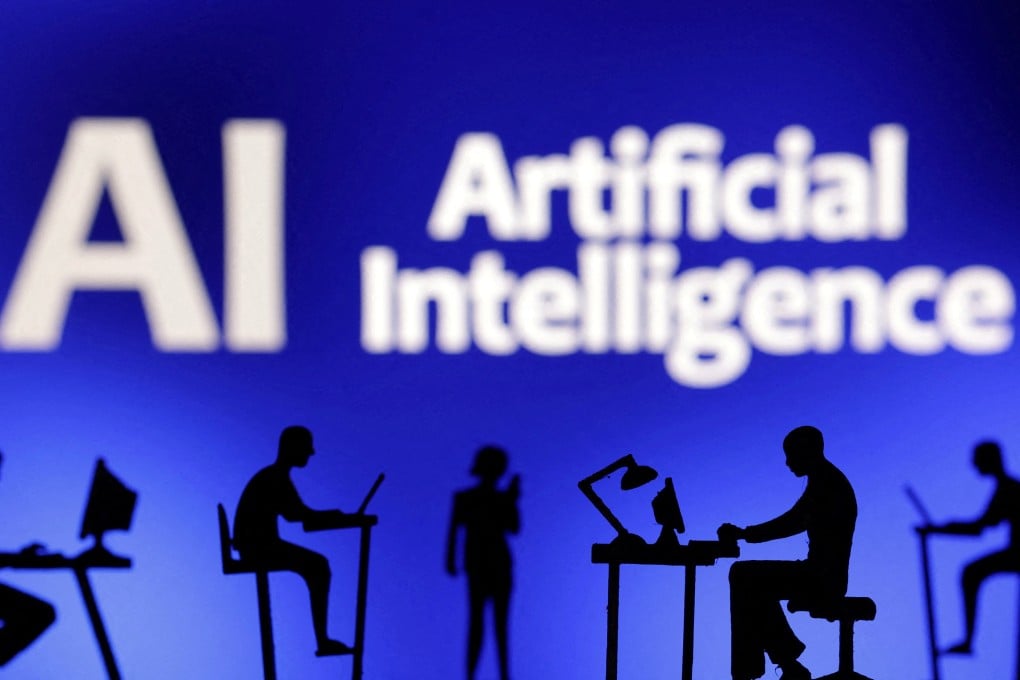Advertisement
Opinion | The AI revolution: we’re either in it together or we’re in for it
- We all need to adopt AI tools to achieve more with less but this change needs to be engineered with leadership, courage and passion
Reading Time:4 minutes
Why you can trust SCMP

The world is in a mess and the accelerated use of artificial intelligence (AI) is disrupting businesses and the way we live. We are struggling to understand what the AI transition means for us, as consumers, parents, teachers, businesses or government leaders. The AI debate is raging, especially over its dual military-civilian use.
Advertisement
AI can guide the next drone or missile to hit you with faster accuracy than imagined. It can also develop the next miracle drug. We do not know if AI is ultimately good or bad, only that the bandwidth of risk and opportunity is widening at frightening speed.
We have never seen another technology adopted in daily activities with such speed, scale and scope. The AI revolution has pushed up the valuations of Nvidia Corp, the leading maker of the chips needed for AI applications, and AI platform companies into the trillion-dollar league. Countries and companies are all investing in AI, trying to figure out how to beat the competition.
The digital divide means those ahead in AI will be richer, faster, smarter and more powerful, whereas those who don’t implement AI are being marginalised.
Clearly, rich and advanced economies stand to gain more, whereas emerging and developing economies are still struggling to use AI to help them develop or simply tackle their myriad problems of people and planetary injustices.
Advertisement
The most obvious benefit of AI is that it could improve productivity, which has declined globally for several decades. The McKinsey Global Institute says up to 30 per cent of work hours in the US could be automated by 2030, a trend accelerated by generative AI. Analysing 63 use cases, McKinsey estimates that generative AI could add US$2.6-4.4 trillion annually to the global economy. This is equivalent to 2.5-4.2 per cent of last year’s global GDP.

Advertisement
